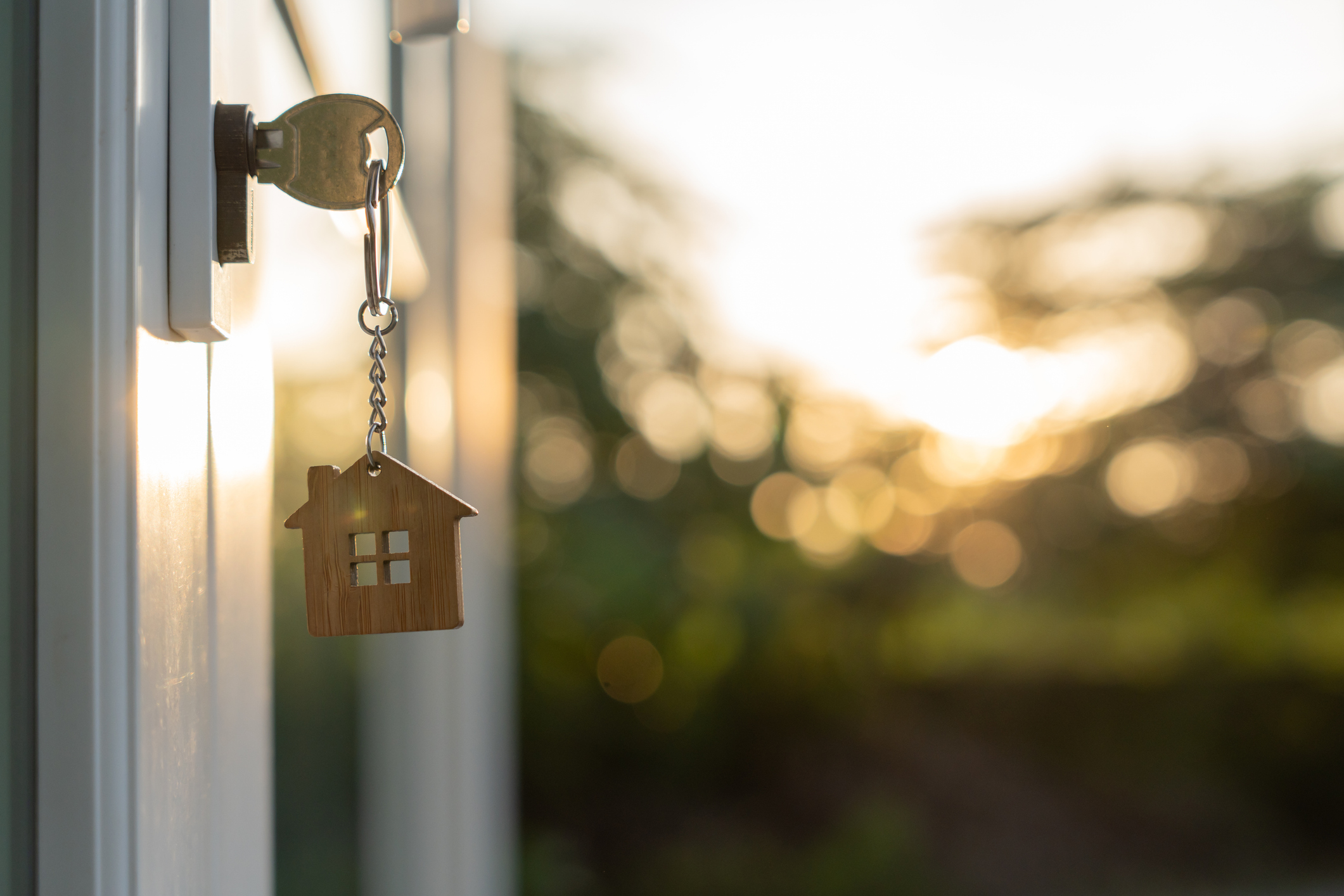
Home equity is the portion of your home’s value that you own outright, and it can be a valuable asset when considering purchasing a second property. Many homeowners ask, "Can you use home equity to buy another house?" The answer is yes, and it can be a smart strategy for acquiring a second home, investment property, or vacation home. Home equity can be accessed through various financing options, such as a home equity loan, home equity line of credit (HELOC), or a cash-out refinance. These options allow you to tap into your current home’s value to fund the purchase of another property, making it an attractive choice for real estate investors and those looking to expand their real estate portfolio.
Home Equity Loan vs. HELOC vs. Cash-Out Refinance
When using home equity to buy another house, it’s important to understand the different financing options available. A home equity loan provides a lump sum based on the equity in your primary home and typically comes with a fixed interest rate. A home equity line of credit (HELOC), on the other hand, acts like a credit card with a variable interest rate, allowing you to borrow as needed up to a certain limit. A cash-out refinance replaces your existing mortgage with a new, larger loan amount, providing extra cash to use toward your second property. Each option has its pros and cons, such as interest rates, repayment terms, and fees, so it’s crucial to compare them carefully to determine which best fits your financial situation and goals.
Using Home Equity for Different Types of Properties
Using home equity to purchase a second home, rental property, or even an investment property can be a strategic move. For example, a second mortgage can help cover the cost of a vacation home or rental property that generates rental income. However, it’s essential to consider that loans for non-primary residences often come with a higher interest rate than those for a primary home due to the increased risk to the lender. Real estate investors can also use home equity to make a larger down payment on a new home or investment property, potentially reducing the loan amount and monthly mortgage payment.
Risks and Considerations of Using Home Equity
While using home equity can be an effective way to finance a second property, it’s not without risks. For one, taking on additional debt increases your financial obligations and could strain your budget if your financial situation changes. A higher interest rate on a home equity loan or cash-out refinance means higher interest payments, which could affect your overall personal finances. Additionally, tapping into your home’s equity reduces the amount of equity available for other purposes, such as home improvement projects or debt consolidation. It’s also important to note that real estate markets can fluctuate, affecting the value of both your current home and any new property you purchase. Using a mortgage calculator can help you assess the affordability of additional mortgage payments and ensure that this investment aligns with your long-term financial goals.
Alternatives to Using Home Equity
If using home equity to buy another house doesn’t seem like the right fit, alternative financing options exist. For those with substantial savings, using cash reserves or a combination of savings and a traditional mortgage might be a viable path. Reverse mortgages are another option for homeowners aged 62 and older, allowing them to access their home’s equity without monthly mortgage payments. However, this is generally not used for purchasing additional properties. Ultimately, the right choice will depend on your current financial situation, risk tolerance, and long-term property investment strategy.